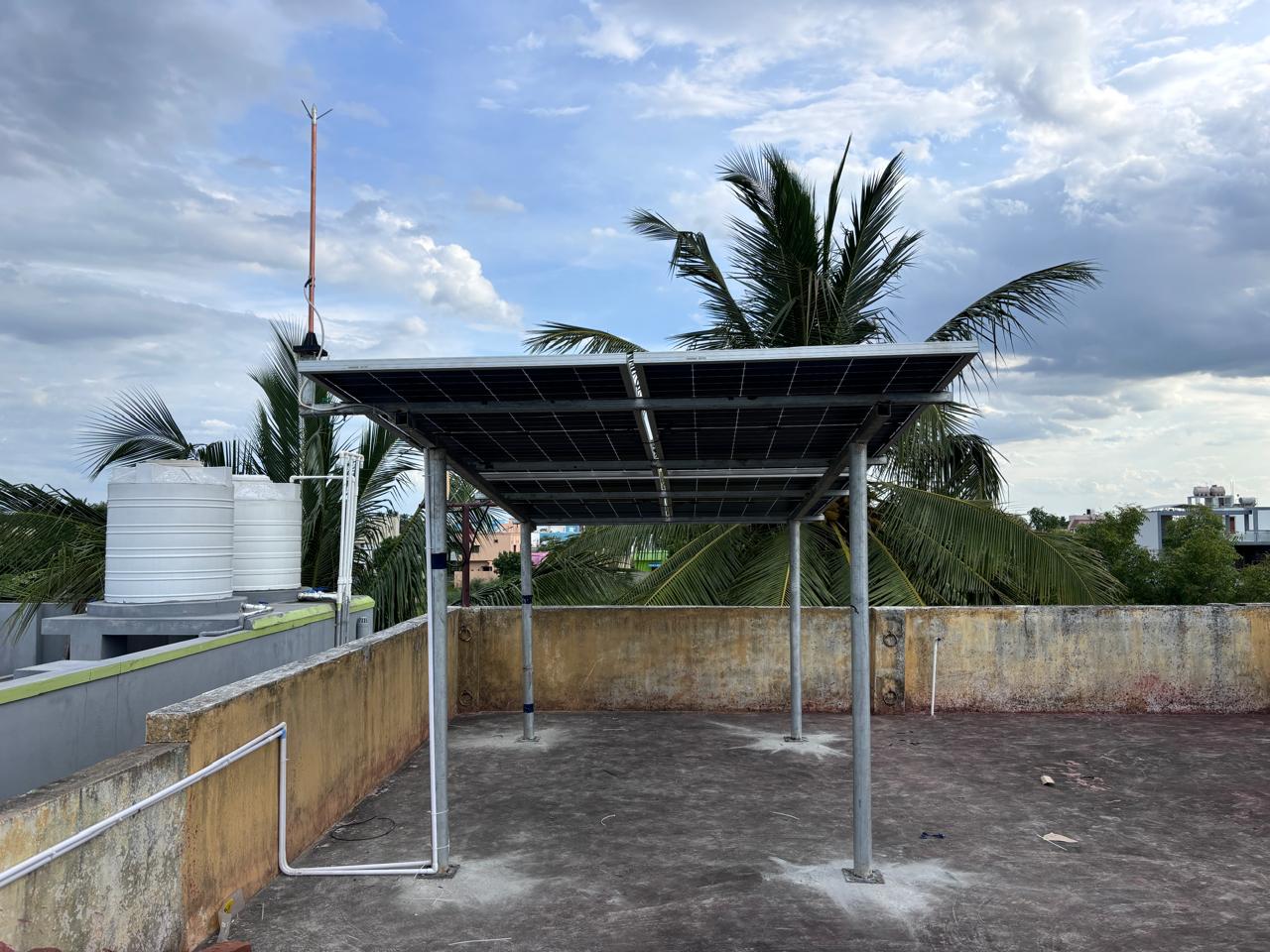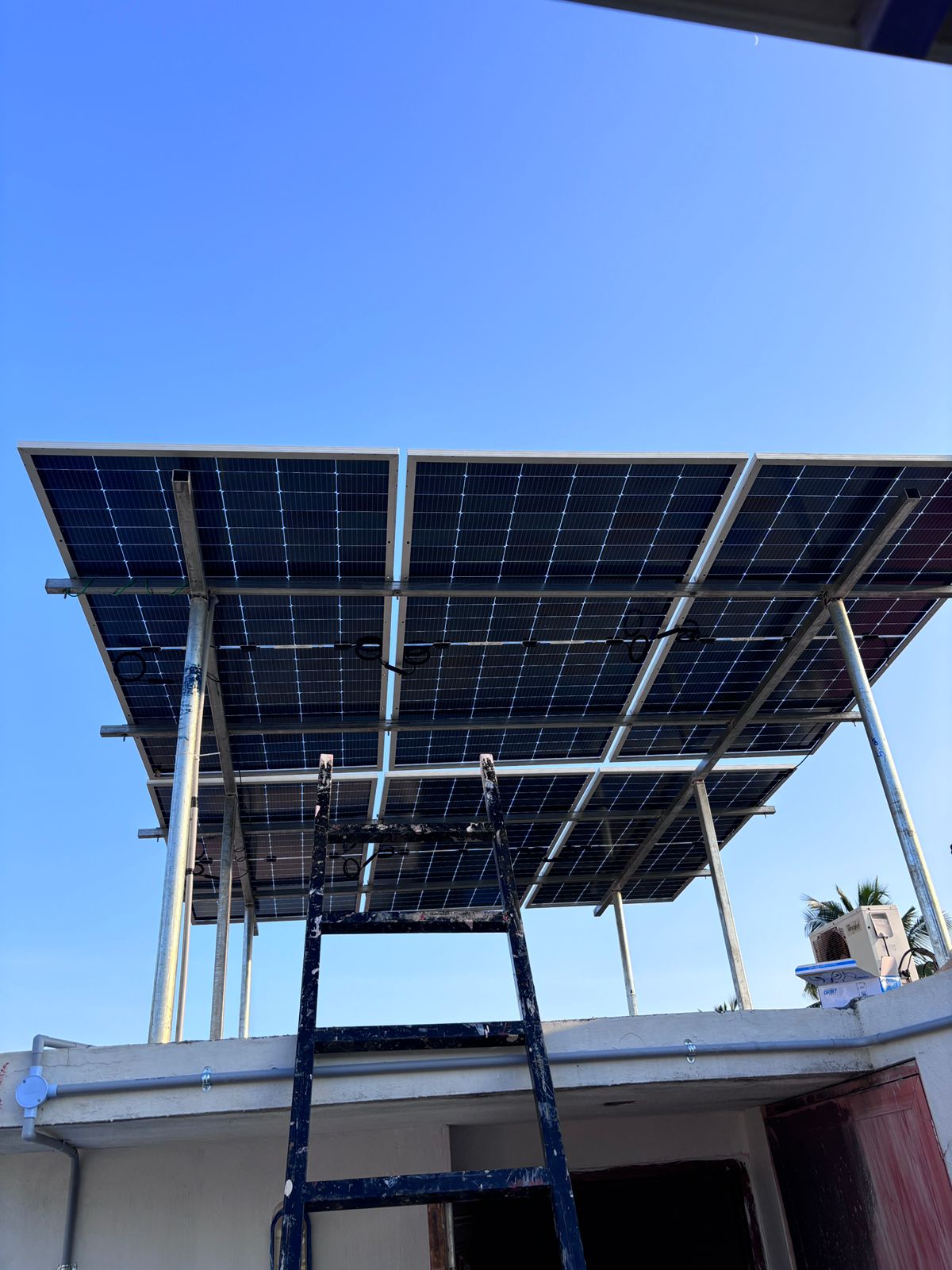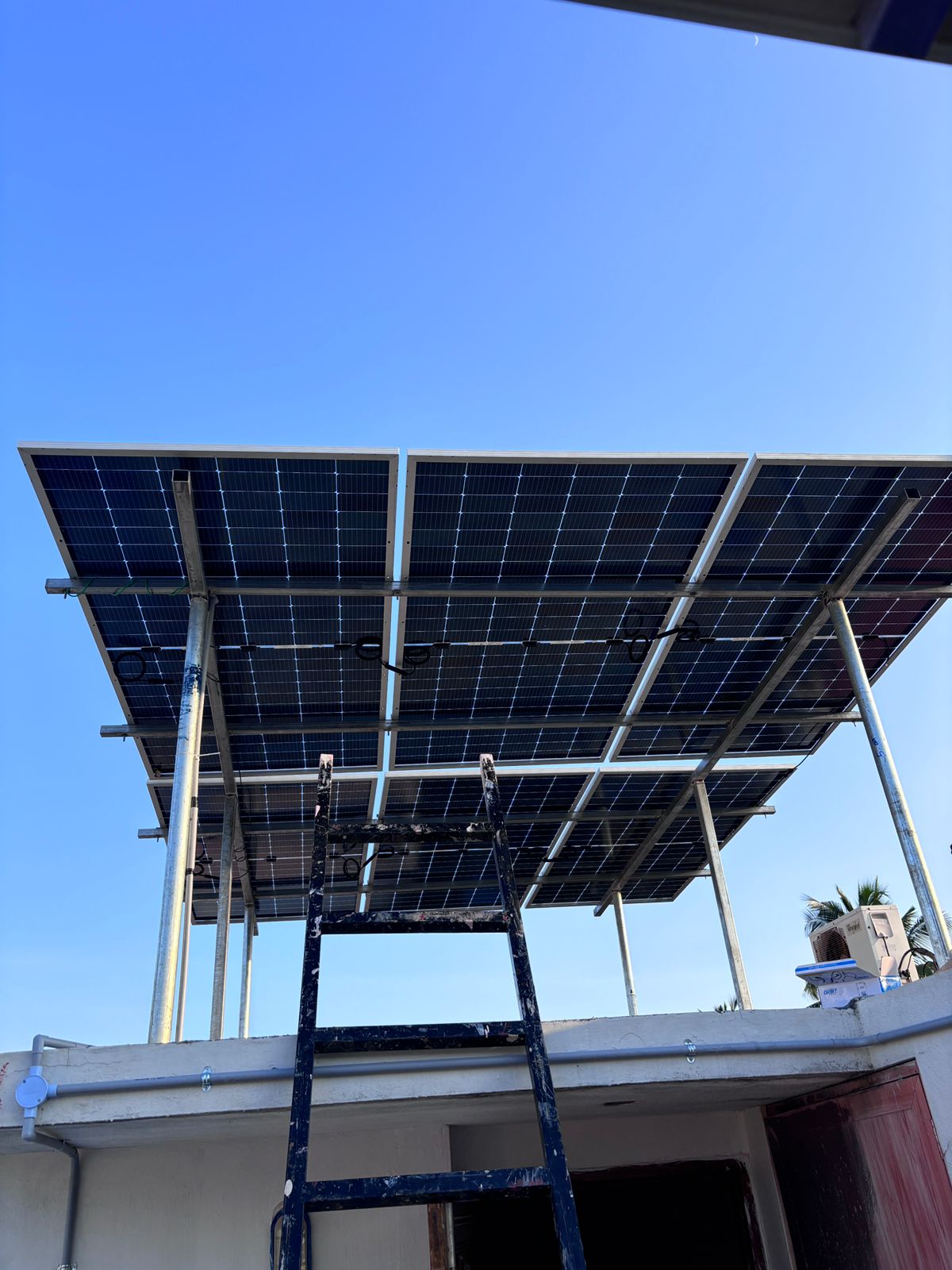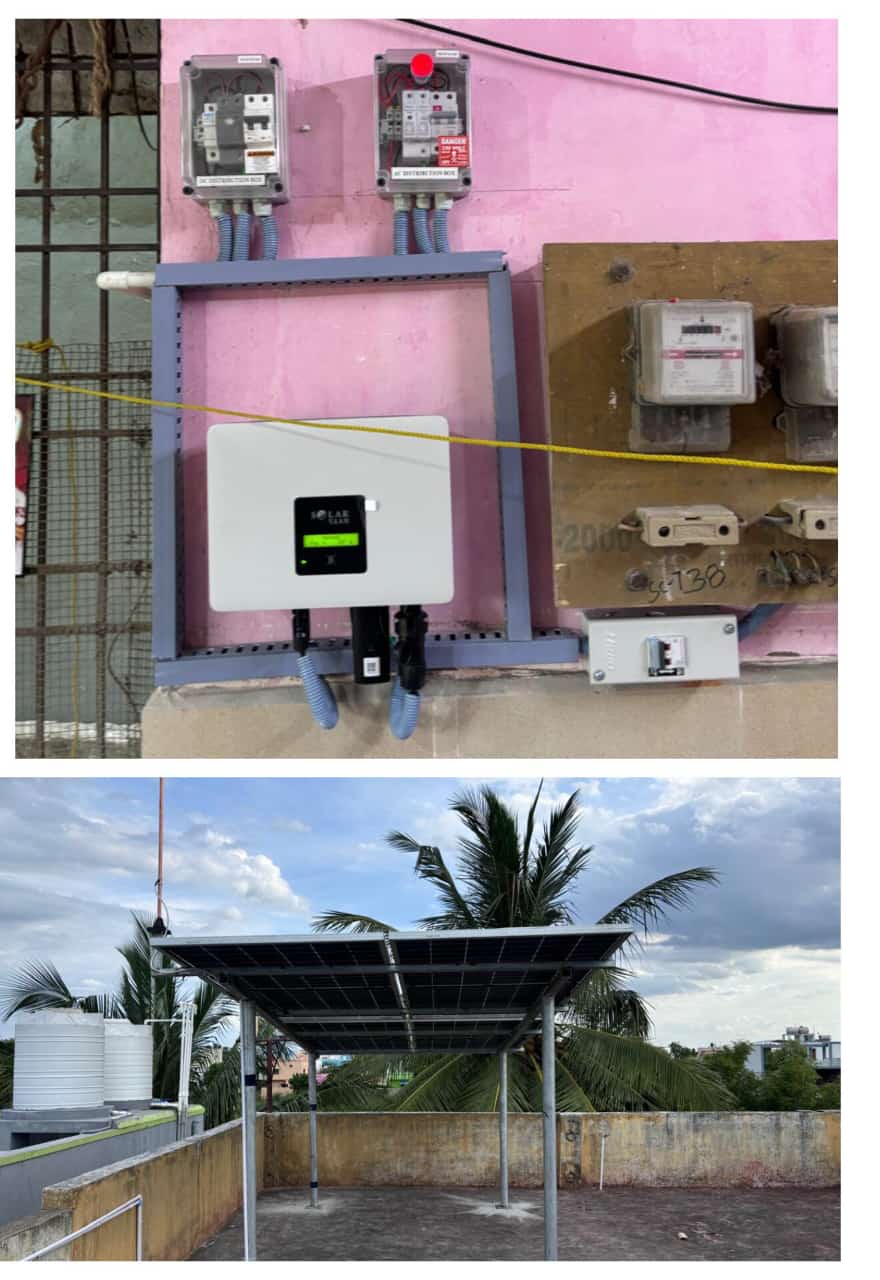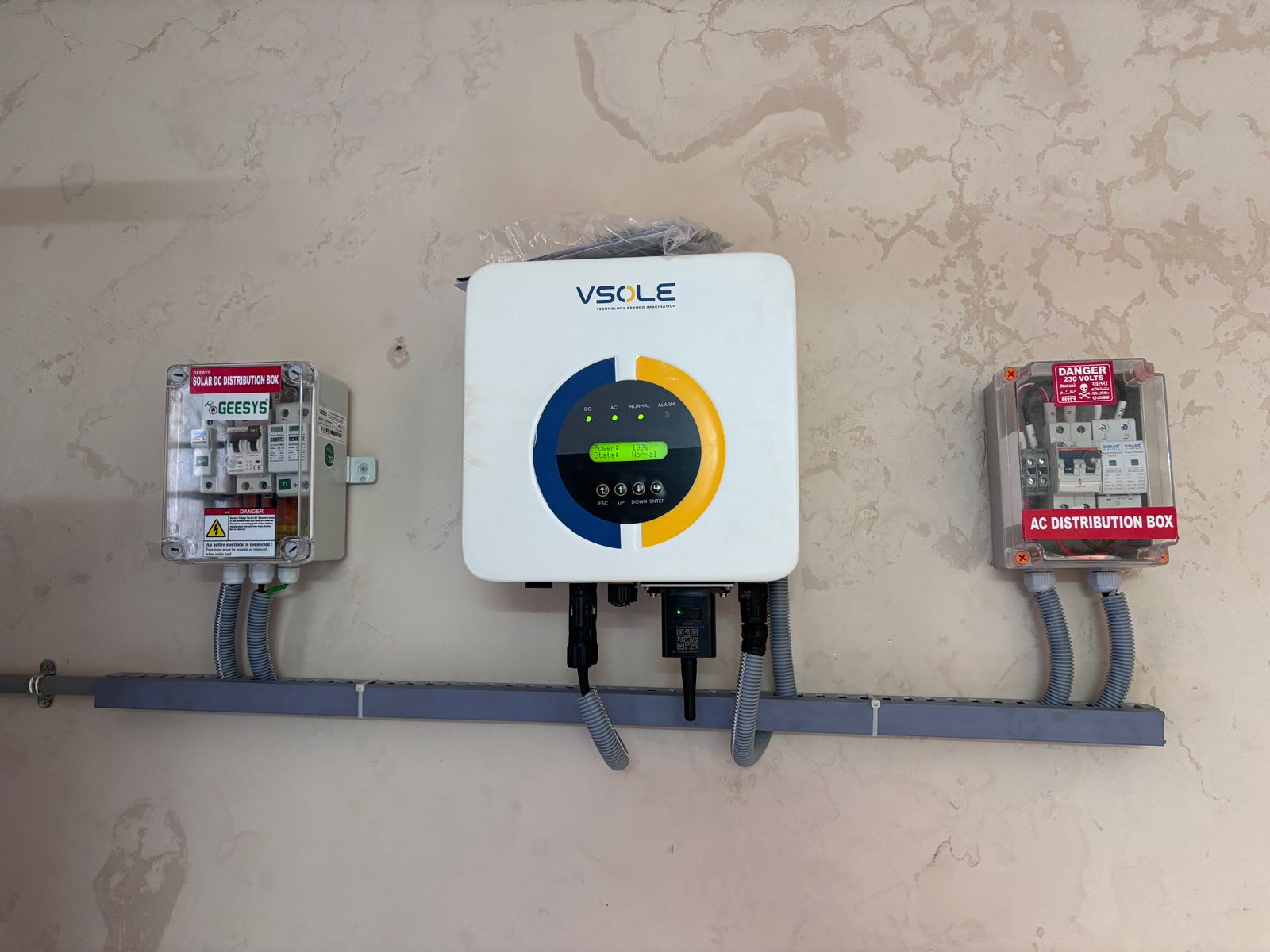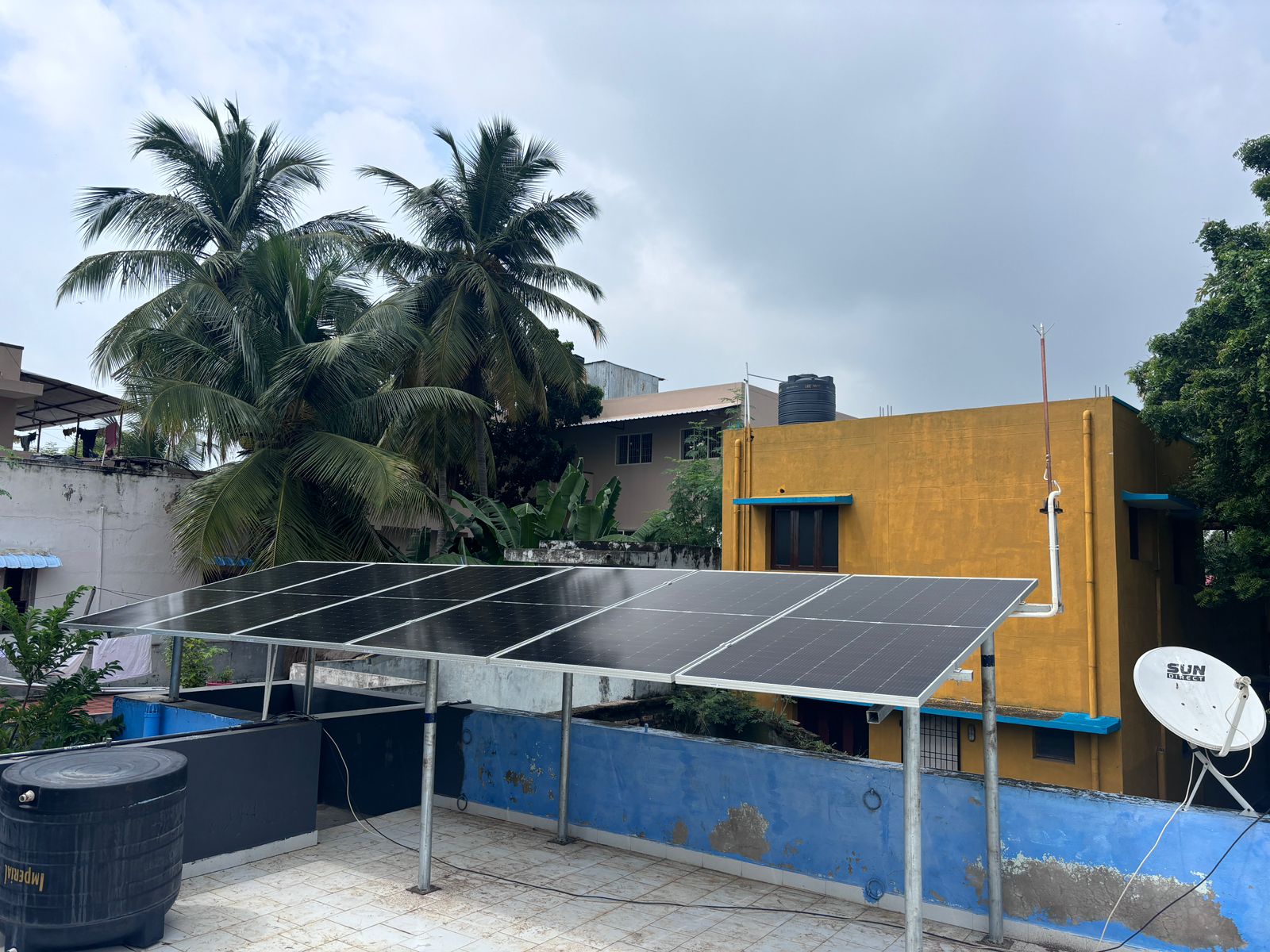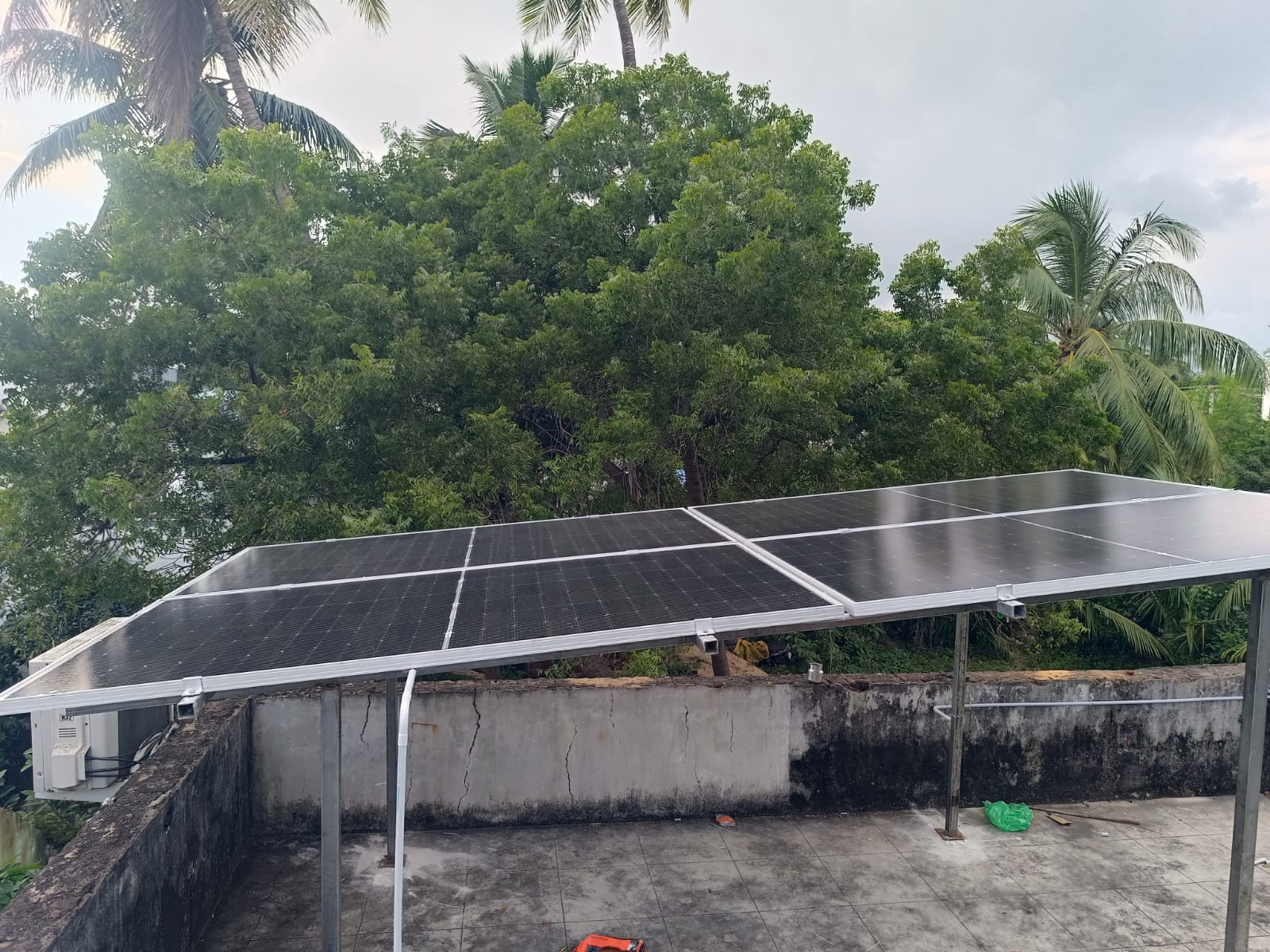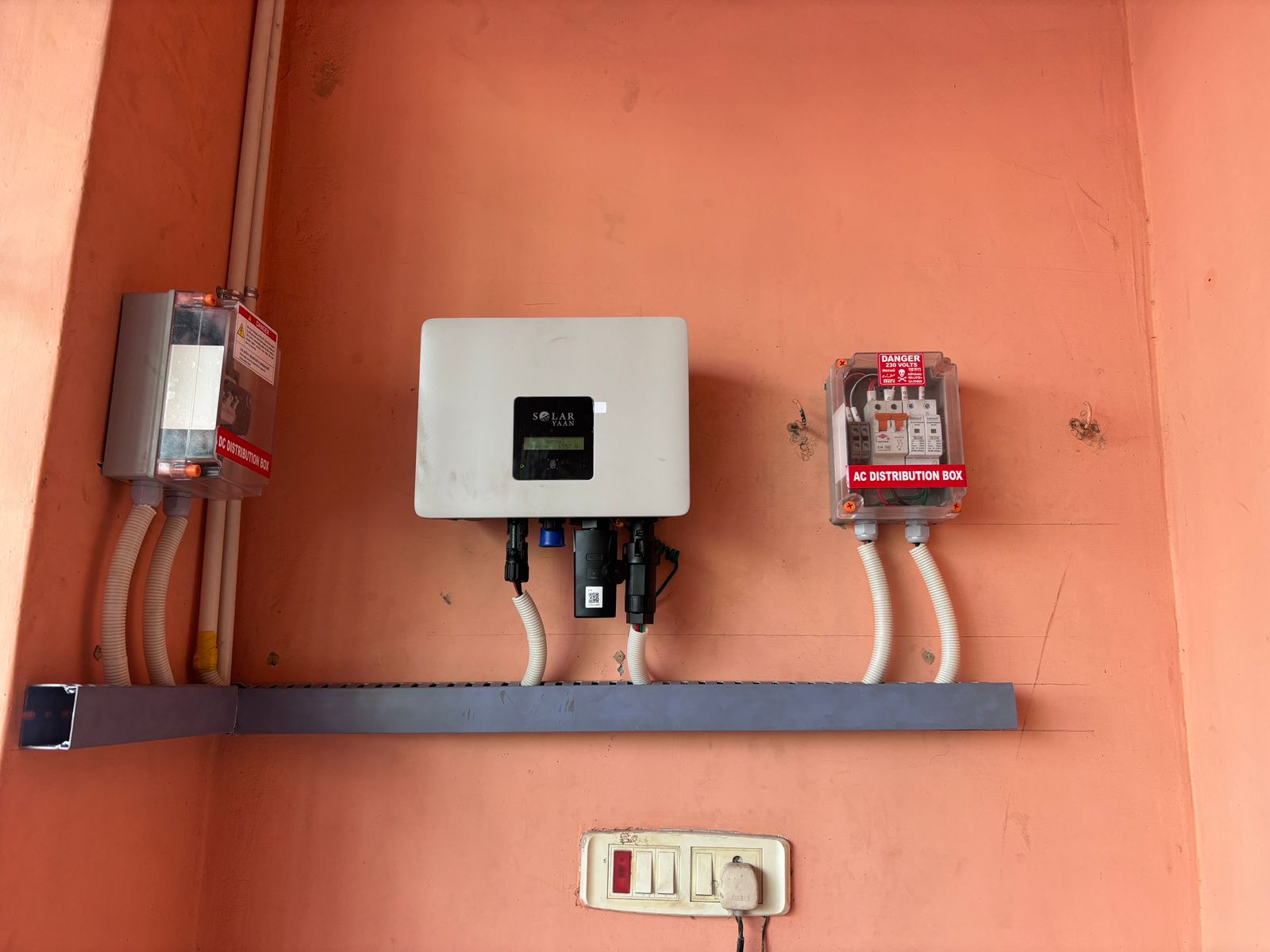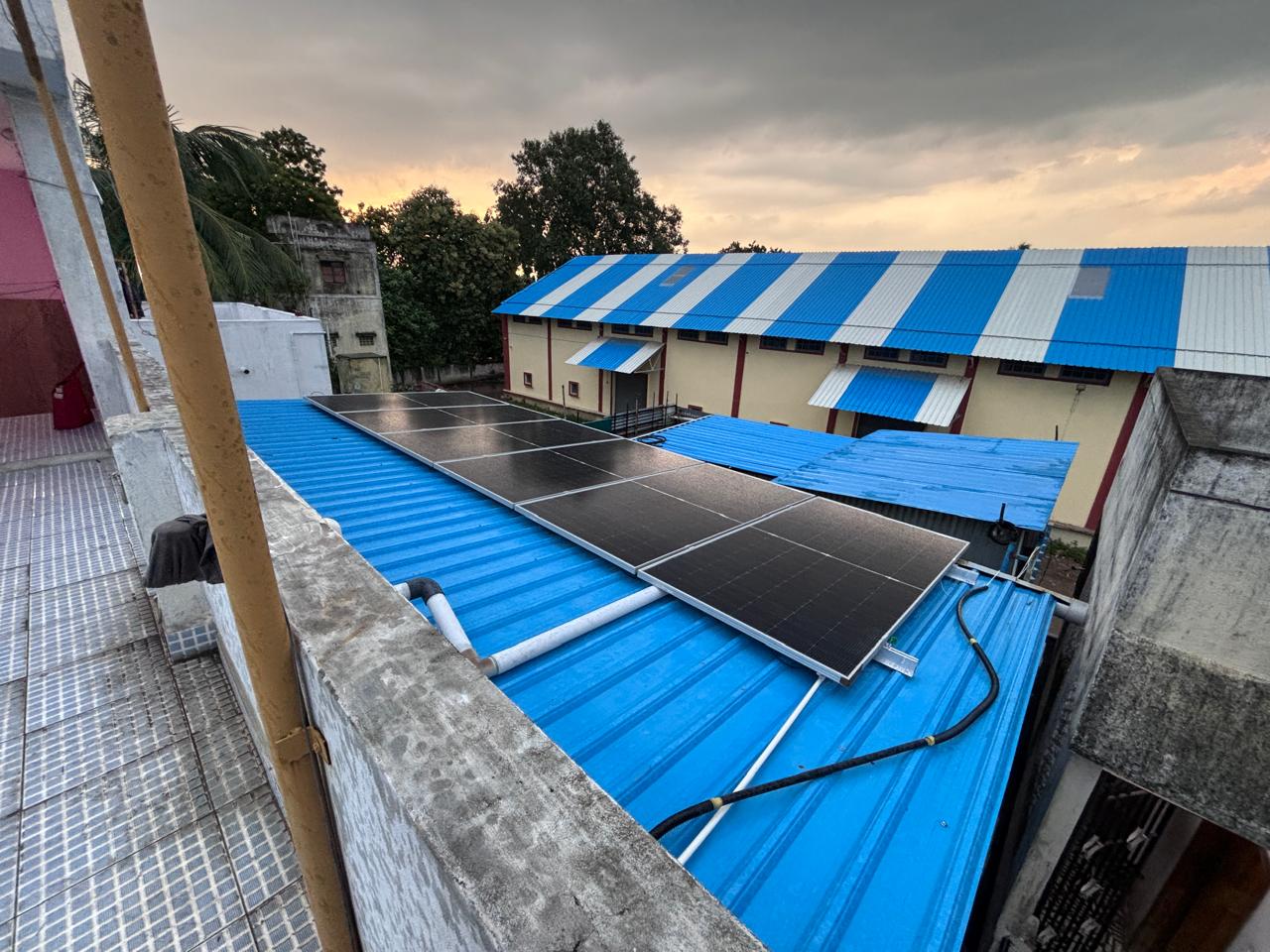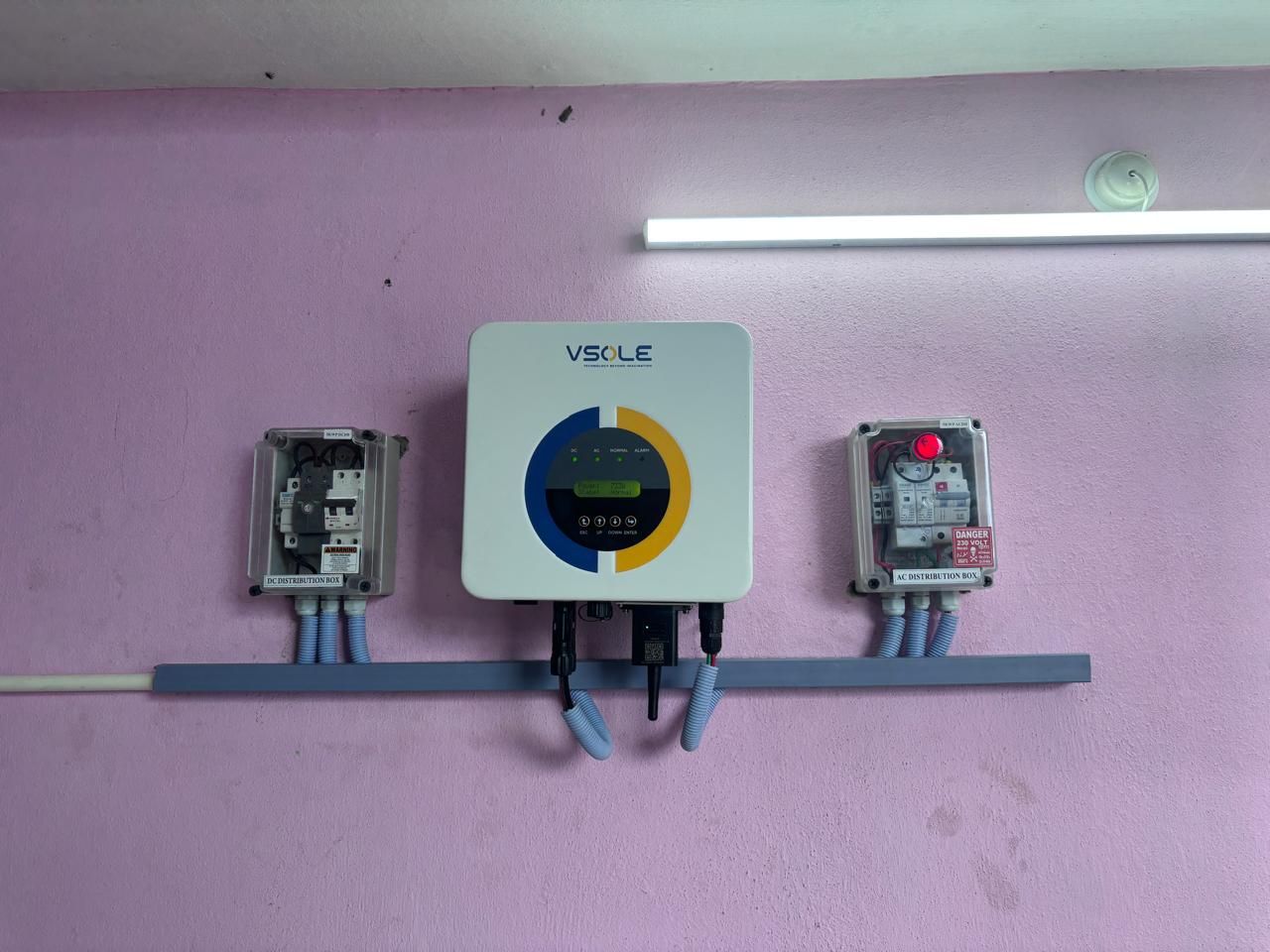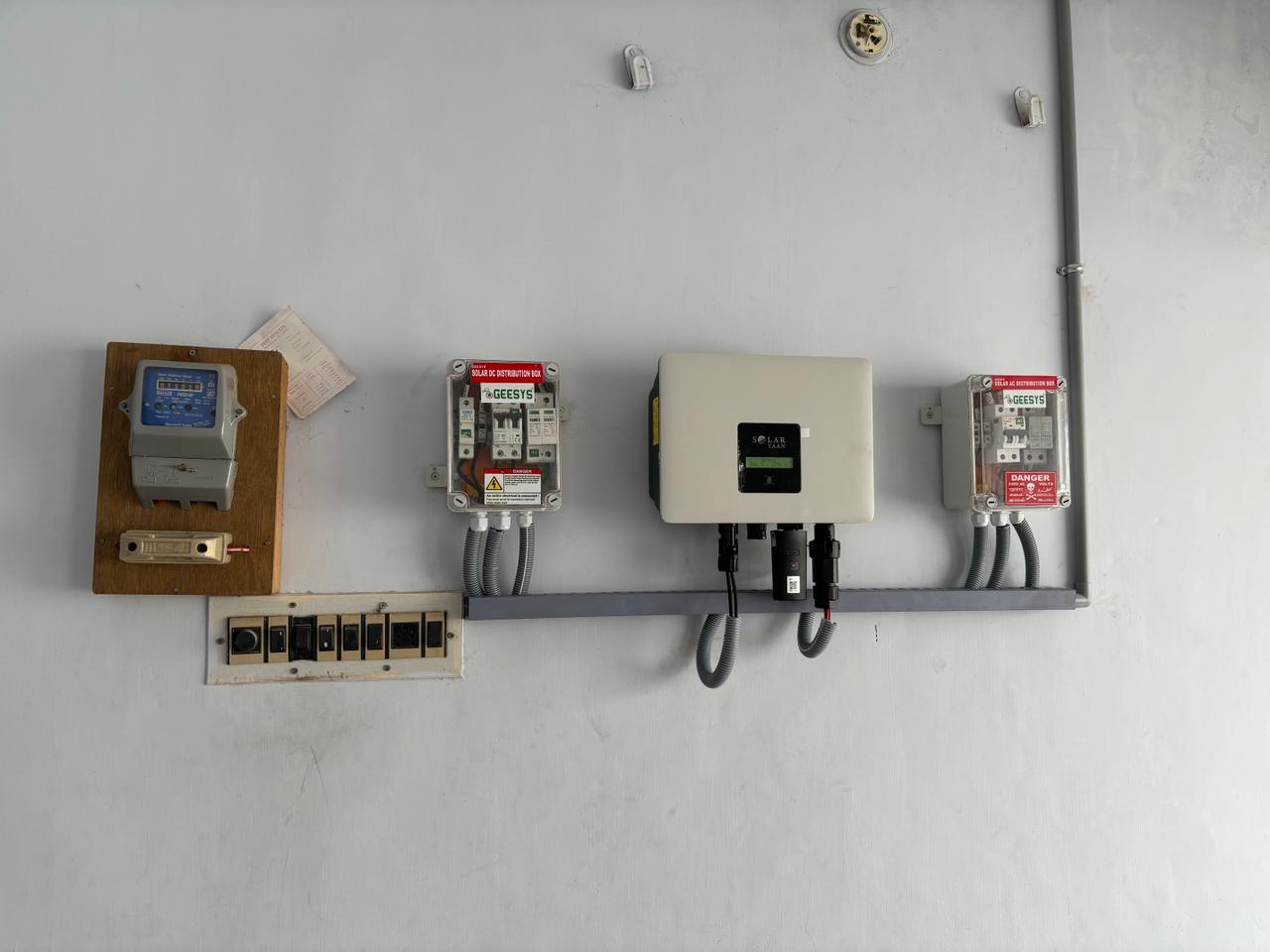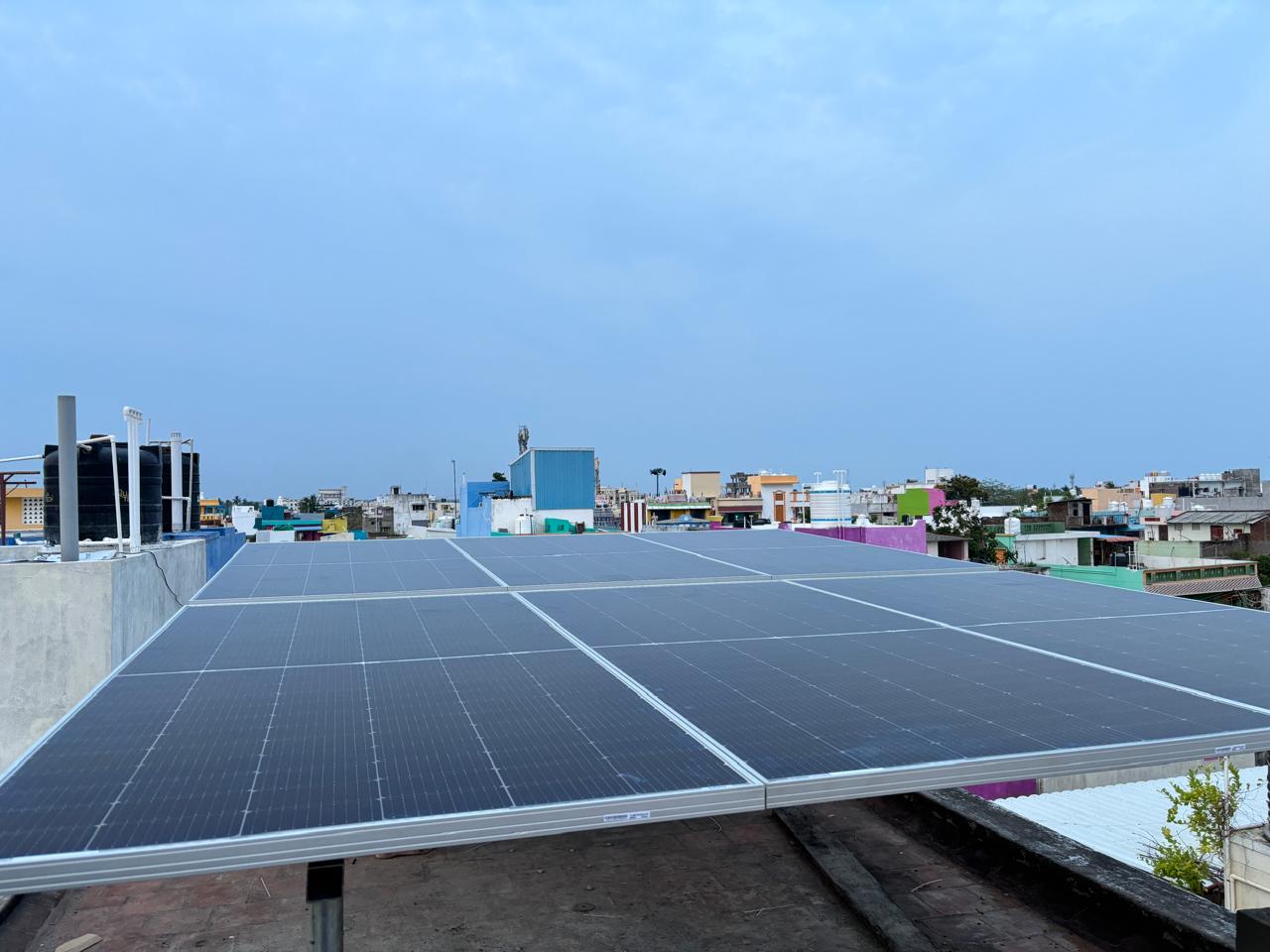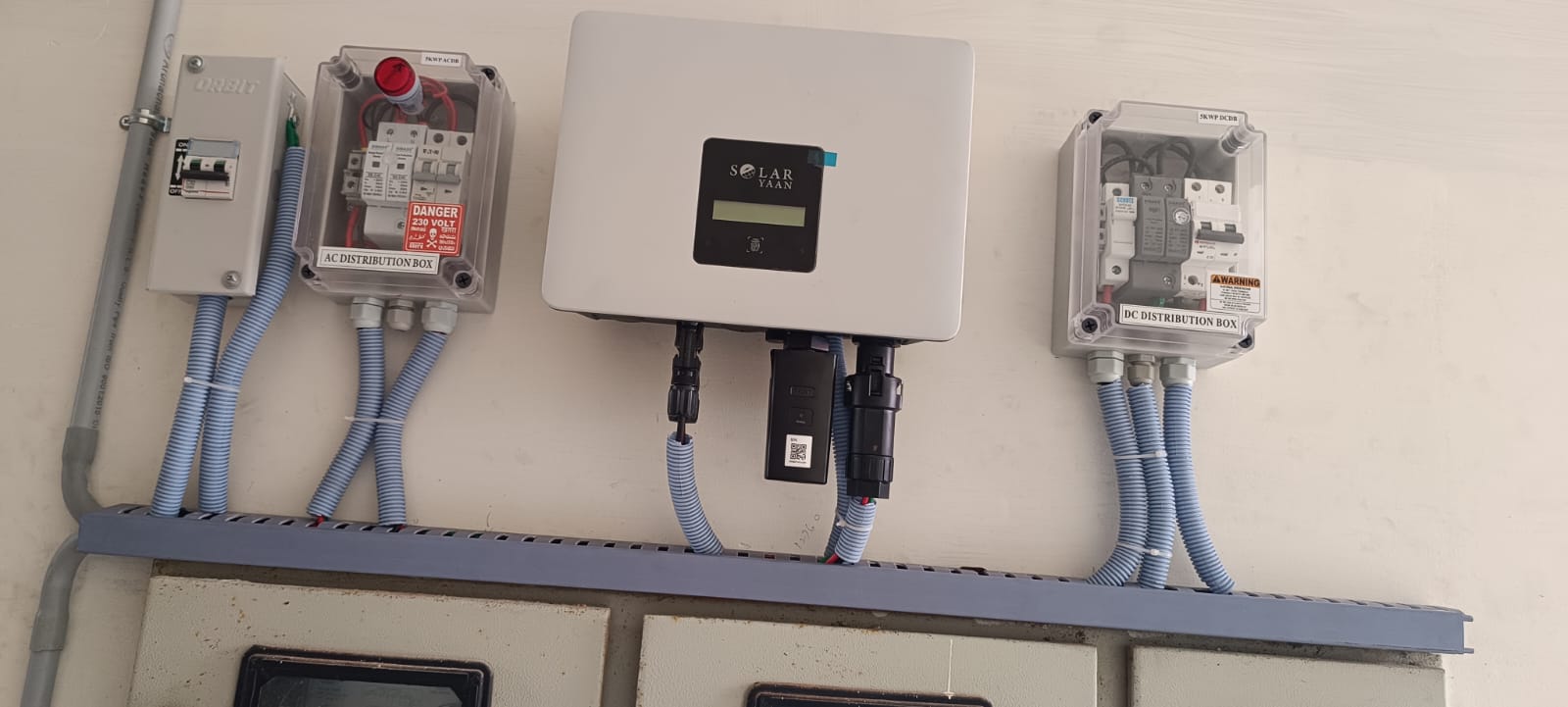Solar energy for home represents a significant step towards a greener and more sustainable future. By
harnessing the power of the sun, homeowners can reduce their reliance on fossil fuels, lower their energy
costs, and contribute to a cleaner environment. SRT Solar is your partner in embracing solar energy for your
home.
The Importance of Solar Energy for Home:
- Environmental Benefits: Solar energy is a clean and renewable energy source that produces
no greenhouse gas emissions. By switching to solar, you can significantly reduce your carbon footprint and
help combat climate change.
- Economic Benefits: Solar energy can save you money on your energy bills and protect you
from rising electricity costs.
- Energy Independence: Solar panels provide a degree of energy independence, reducing your
reliance on the grid and shielding you from power outages.
- Sustainability: Solar energy is a sustainable energy source that will be available for
generations to come.
How Solar Energy Works for Your Home:
Benefits of Solar Energy for Home:
- Reduced Energy Bills: One of the most significant benefits is the potential to
drastically reduce or even eliminate your monthly electricity bills.
- Environmental Impact: Solar energy is a clean and renewable energy source. By switching
to solar, you'll reduce your reliance on fossil fuels and contribute to a healthier environment.
- Increased Home Value: Homes equipped with solar panels are often more attractive to
buyers, potentially increasing your property's resale value.
- Energy Independence: Solar panels provide a degree of energy independence, shielding you
from fluctuating energy prices and potential power outages.
- Government Incentives: Many governments offer incentives, such as tax credits, rebates,
and feed-in tariffs, to encourage homeowners to adopt solar energy.
- Low Maintenance: Solar panels require minimal maintenance, typically just occasional
cleaning.
Types of Solar Energy Systems for Home:
- Grid-Tied Systems: These systems are connected to the utility grid, allowing you to both
draw electricity from the grid and sell excess solar energy back to the grid.
- Off-Grid Systems: These systems are not connected to the grid and rely on battery storage
to provide electricity when the sun isn't shining. Off-grid systems are typically used in remote areas where
grid connection is not available.
- Hybrid Systems: These systems combine grid-tied functionality with battery storage,
providing both grid connectivity and backup power.
Choosing the Right Solar Energy System for Your Home:
- Energy Needs Assessment: Analyze your past energy bills to determine your average energy
usage.
- Roof Size and Orientation: The size and orientation of your roof will affect the number
of panels you can install and the amount of sunlight they receive.
- Shading: Consider any potential shading from trees or nearby buildings.
- Budget: Determine your budget and explore financing options.
The Installation Process for Solar Energy Systems:
- Site Assessment: A qualified installer will assess your home and roof to determine the
best system design.
- System Design: The installer will design a custom solar panel system based on your energy
needs and roof specifications.
- Permitting: Necessary permits will be obtained before installation can begin.
- Installation: The solar panels, inverter, and other components will be installed.
- Inspection: A final inspection will be conducted to ensure the system meets all safety
standards.
- Connection: The solar panel system will be connected to the grid.
Maintaining Your Home Solar Energy System:
Solar panels require very little maintenance. Occasionally, you may need to clean them to remove dust, dirt,
or debris.
Financing Options for Home Solar Energy Systems:
- Solar Loans: Finance your solar system with a dedicated solar loan.
- Home Equity Loans: Use your home equity to finance your solar system.
- PACE Financing (Property Assessed Clean Energy): Finance your solar system through a
special assessment on your property taxes.
- Leasing: Lease a solar system from a third-party provider.
Contact us:
Solar energy for home offers a smart and sustainable way to power your life. By investing in a solar energy
system, you can reduce your energy bills, contribute to a cleaner environment, and increase the value of your
home. Contact SRT Solar today for a free consultation and learn how you can benefit from solar energy.






